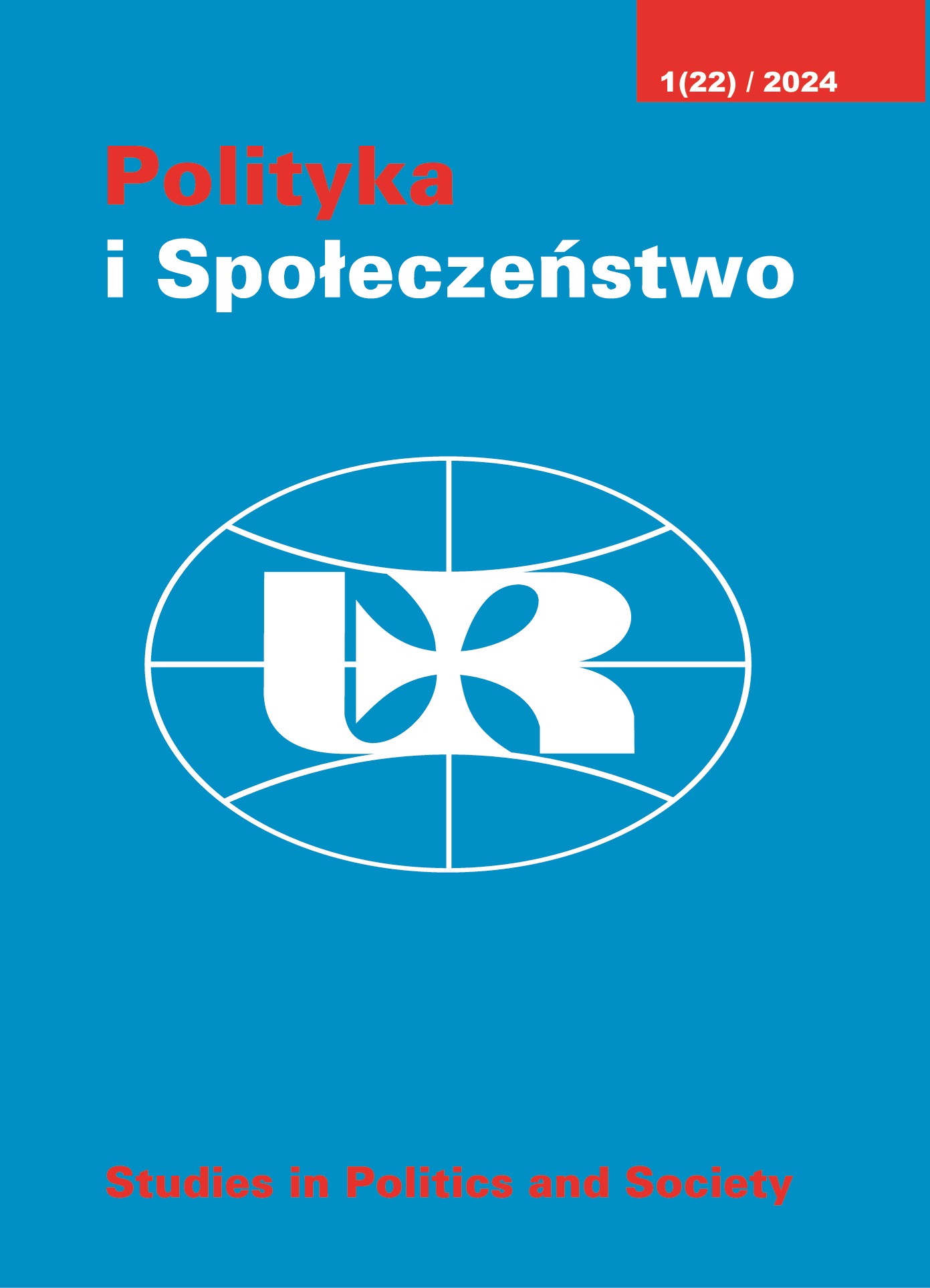Ethical and educational dimensions of the right to sexual satisfaction
DOI:
https://doi.org/10.15584/polispol.2024.1.12Keywords:
the right to sexual satisfaction, ethical eroticism, erotic self-educationAbstract
The literature on the issue of the right to sexual pleasure, or sexuality itself, is characterized by a focused approach that is, on the one hand, oppressive and, on the other, affirmative. Purpose: The aim of the article is to indicate, based on ethical reflection, including reference to human rights, principles that could have a universal (independent) dimension for the educational approach of the law to sexual satisfaction. Thesis: An independent dimension of the law's educational approach to sexual satisfaction can be provided by elements relating to the sexual sphere of the "ethics of development" theory, such as: ethical eroticism, aesthetics of sexuality, erotic self-education. Method: To illustrate the social and educational reality, the theory of "development ethics" was used, which uses, among others, the normative-constructive method. Conclusions: The assumptions contained in the idea of ethical eroticism, aesthetics of sexuality and erotic self-education provide the basis for independent shaping of self-education and the law of sexual satisfaction. Implications for theory and practice: The idea of erotic self-education largely alleviates the tension between different concepts of sex education and sex education. Originality and value: The originality and value of the text is based on the use of the ideas of ethical eroticism, aesthetics of sexuality and erotic self-education to indicate the principles for educational practice regarding the law of sexual satisfaction.
Downloads
Published
How to Cite
Issue
Section
License
Copyright (c) 2024 Polityka i Społeczeństwo

This work is licensed under a Creative Commons Attribution-ShareAlike 4.0 International License.


